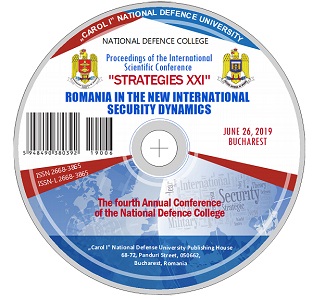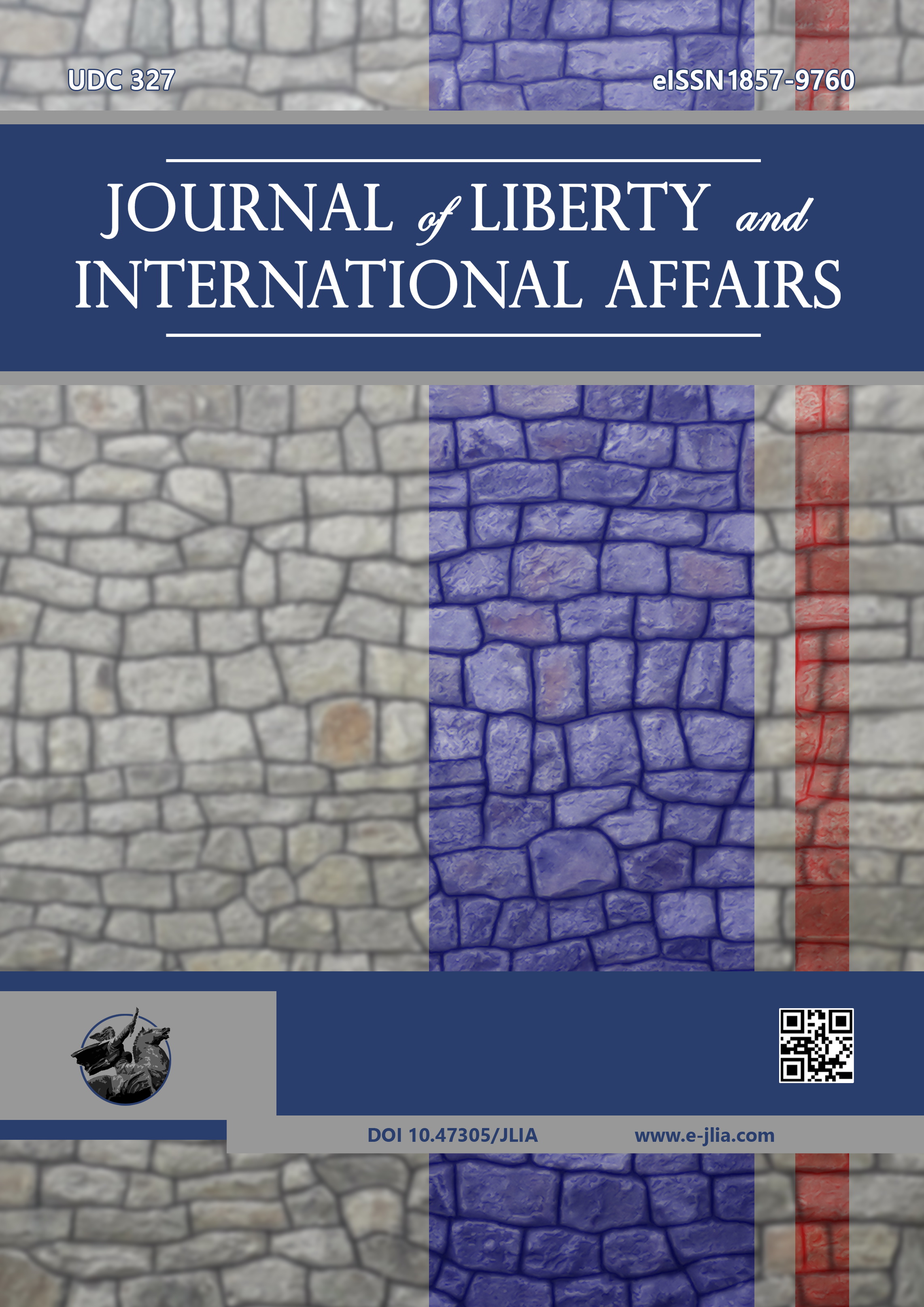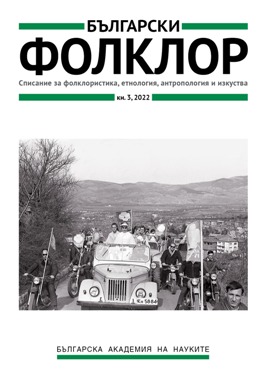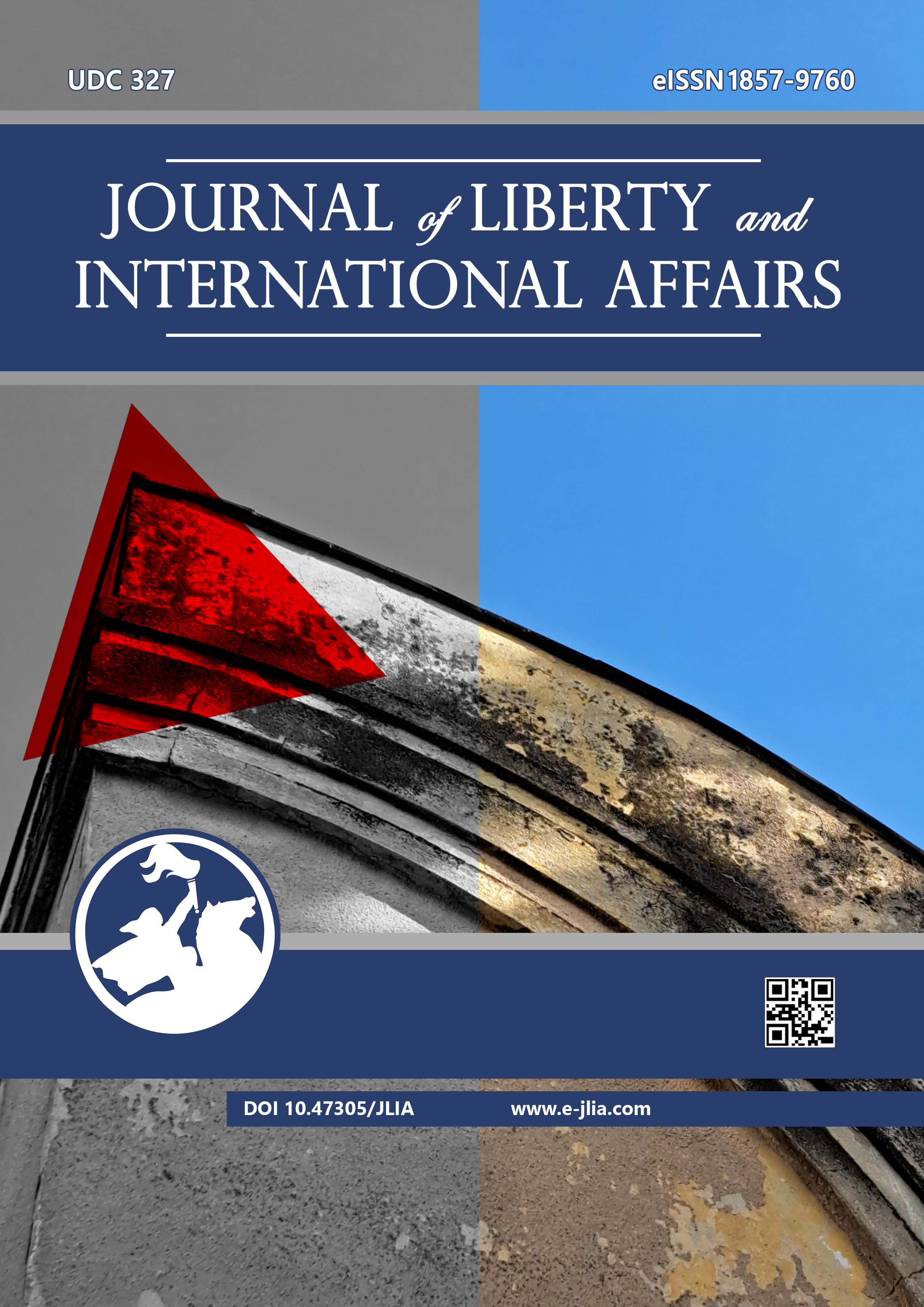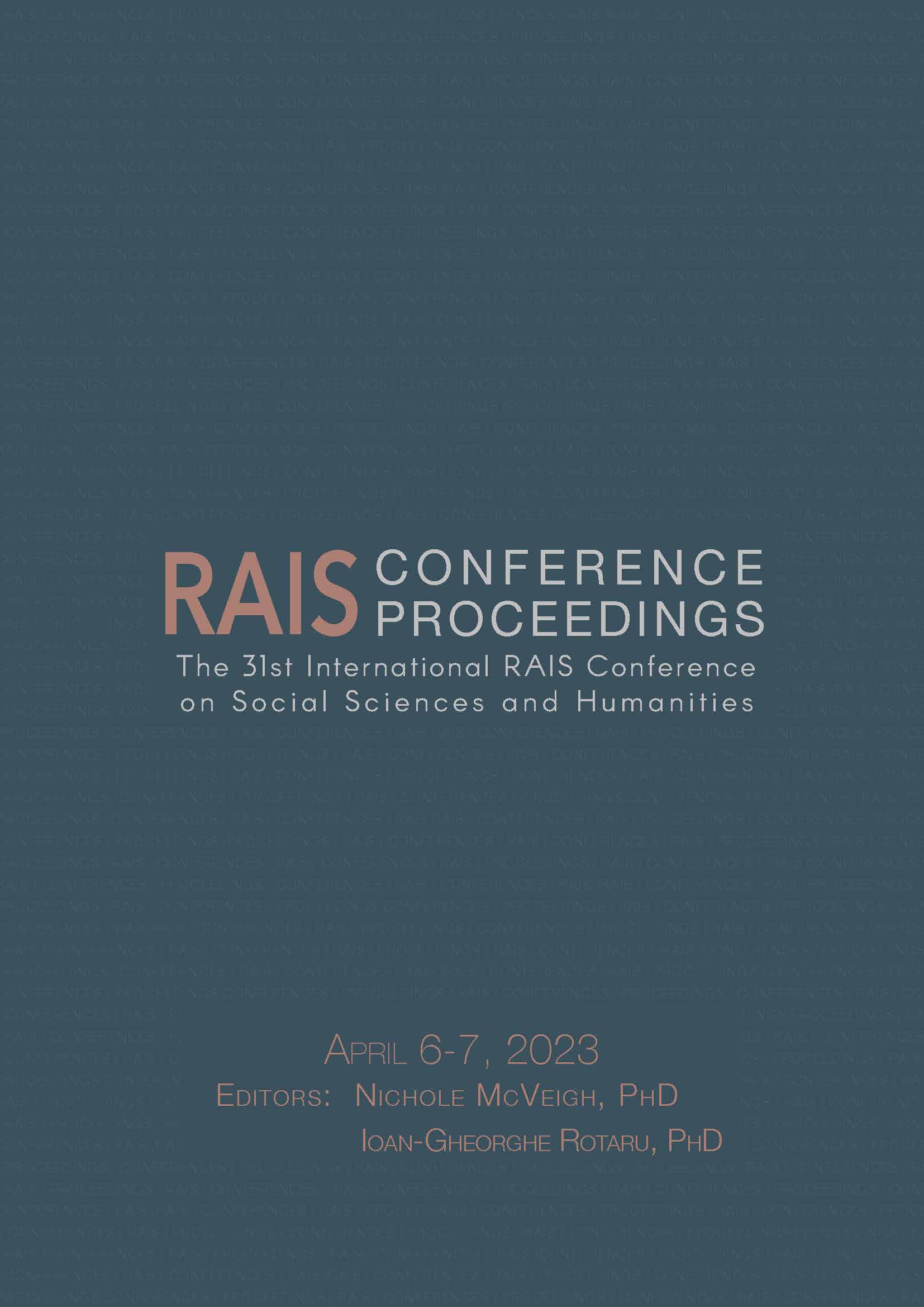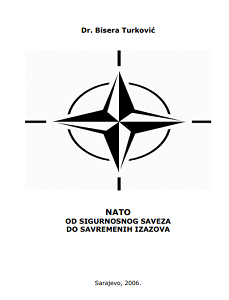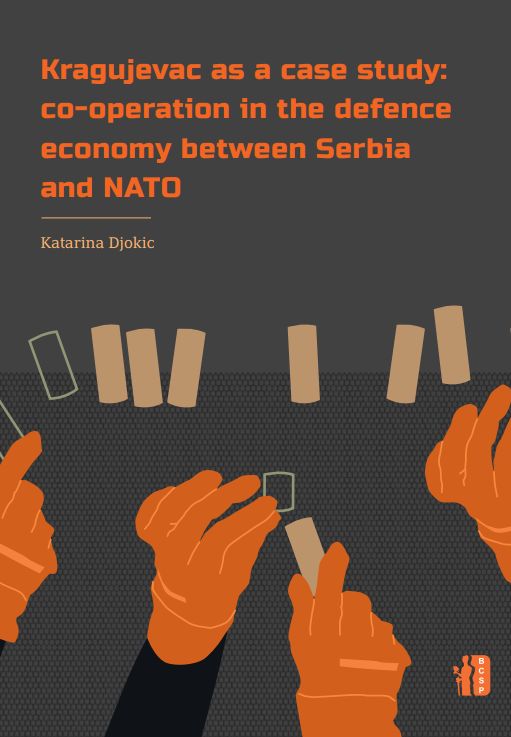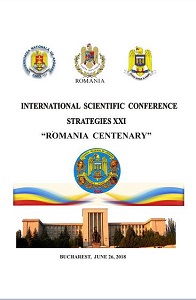
THE BINARY LANGUAGE AND THE DIGITAL WAR OF THE SOCIAL – PREMISES AND PERSPECTIVES
The force of digitization comes, as we know very well, from binary language. Digital technologies and communications only work in binary language. The basic simplicity of the binary language generates the expansion of the digital world. May be this digital expansion is the result of a high compatibility of the ”1” and ”0” logic to the way our Mind was designed thousands of years ago to look for reducing complexity to its simplest variables like” Fight or flight” situations. The digital logic can influence the other languages of human culture and socio-political interaction. Bivalent logic, specific to binary language, may so become tempting in highly complex socio-political and cultural situations, hard to reduce and judge in binary languages.The binary language, used exhaustively and without discernment, generates, in a fatal way, a judgment and a bi-polar world with a huge disjunctive potential. ”I/We” vs. ”The Other/s” becomes an absolute reference in designing and operating public policies. Here, in this conflicting referential, are rooted phenomena seemingly surprising in today's world: EXITs, as a reaction to defending the globalized pressure of the digital world; populisms and nationalisms;” fake news” phenomenon - whose source or consumer social character is always” The Other/s”. It could be a new species of war – let us call it” The digital war of the Social”.
More...
